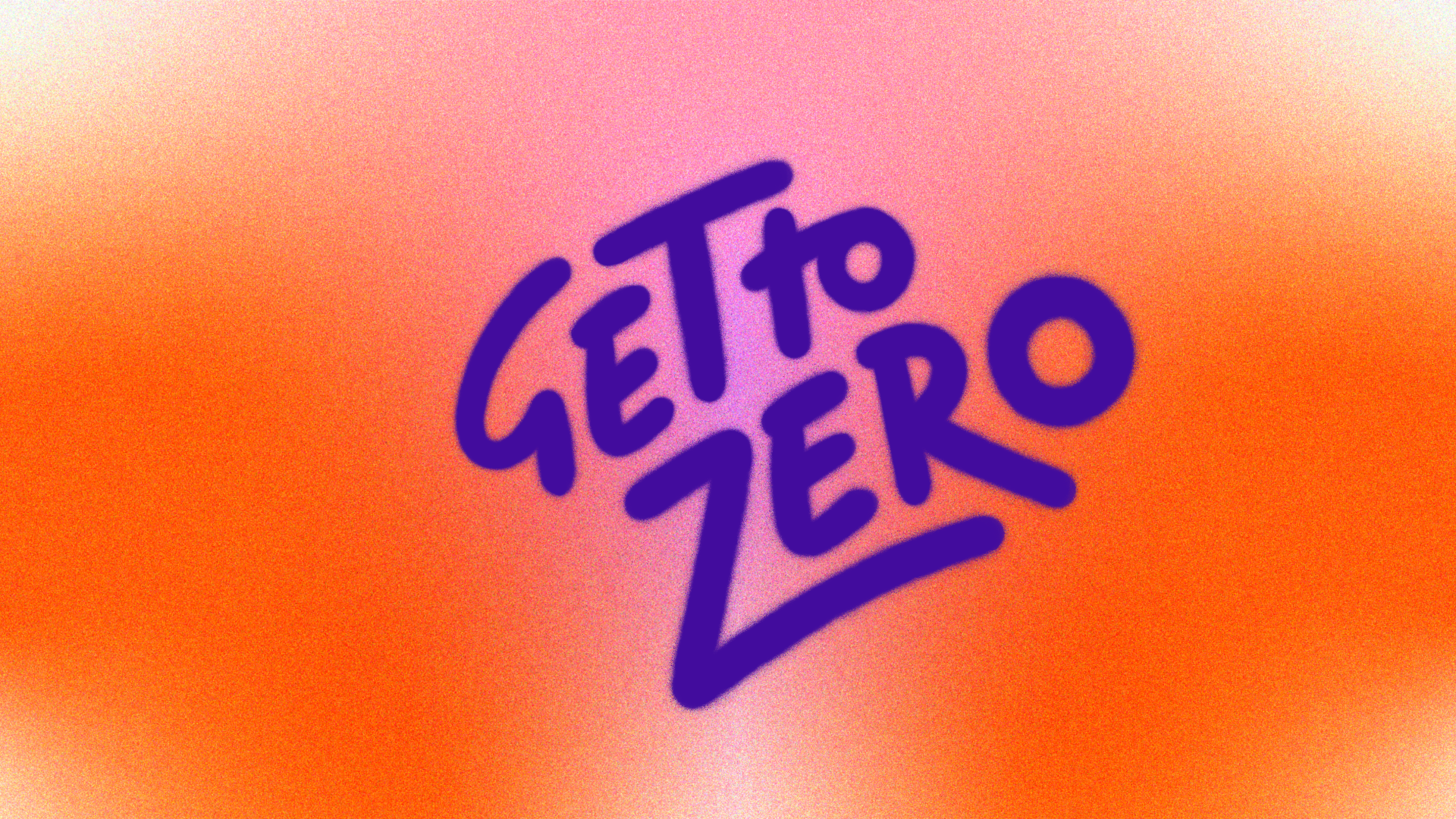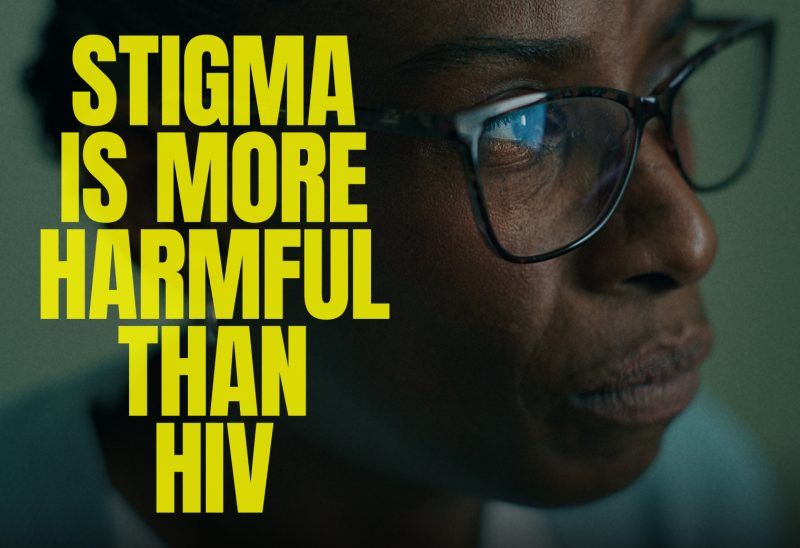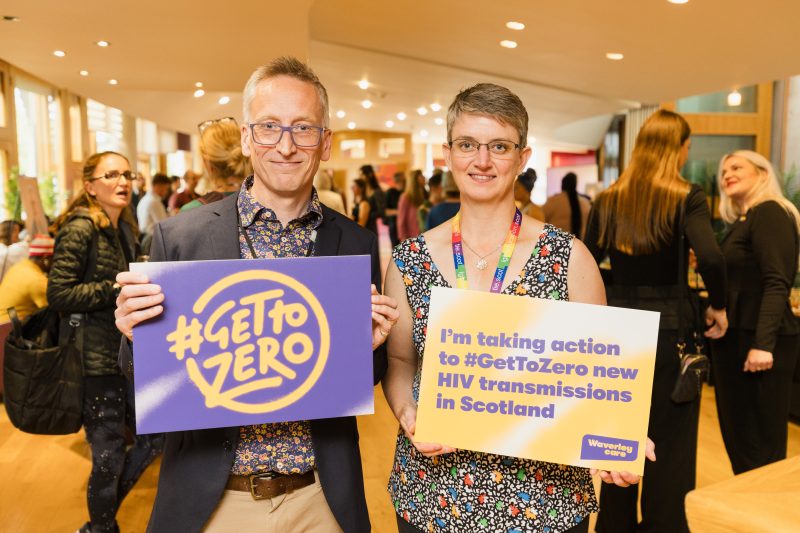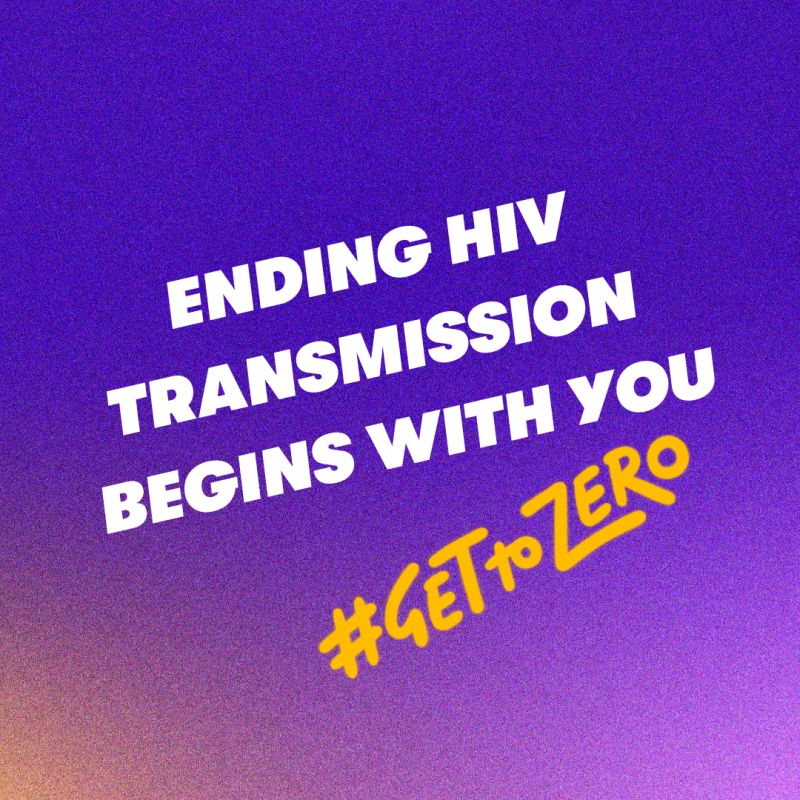We are calling on everyone in Scotland to join us in our mission to achieve zero new HIV transmissions by 2030
We’re close to making new HIV diagnoses a thing of the past. But misinformation and stigma are holding us back. With your help, Scotland can #GetToZero new HIV transmissions by 2030.
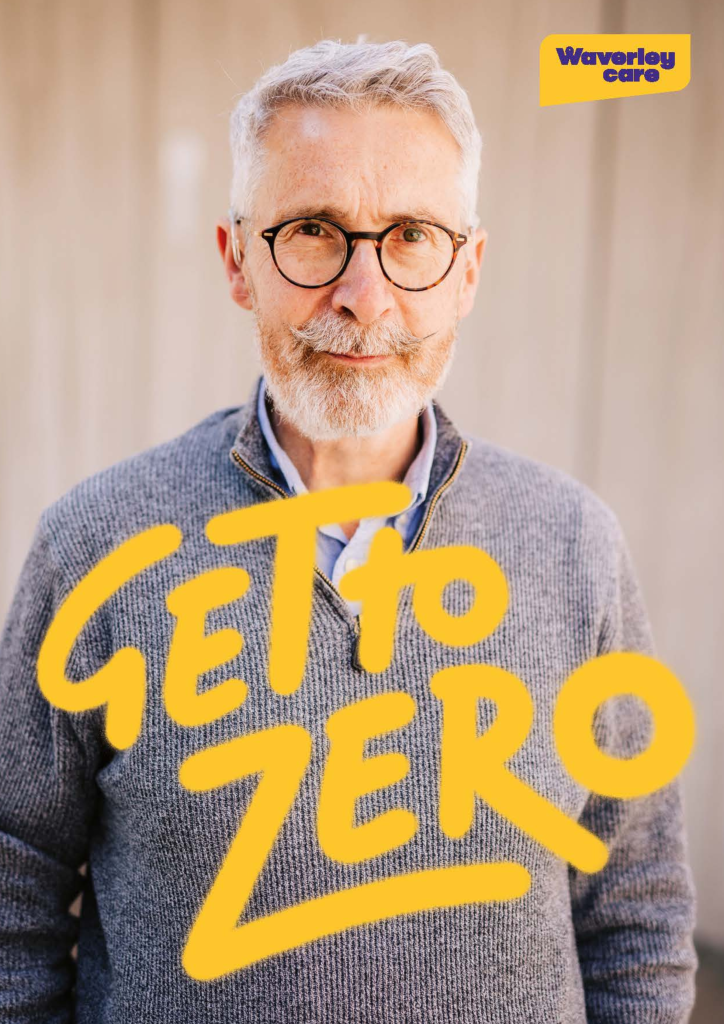
What does #GetToZero mean?
‘Getting to zero’ is a phrase used internationally when discussing ending new transmissions of HIV. It does not mean zero HIV – medical advances mean that people who are diagnosed can live long, healthy lives with HIV. But a new HIV diagnosis still has the power to knock someone off their feet. So, it is important that we all play our part to end new transmissions of HIV, to end stigma, and to continue to improve life for those living with the virus.
What is the campaign about?
#GetToZero is a preventative campaign about ending new HIV transmissions by 2030. The campaign focuses on equal access to testing, treatment, and education to challenge misconceptions and misinformation about HIV. It is also about getting to zero HIV stigma for people living with HIV.
On World AIDS Day 2020, the Scottish Government committed to get to zero new HIV transmissions by 2030. However, Scotland is beginning to fall behind England and Wales in progress made to achieving this goal. The #GetToZero campaign is holding the Scottish Government to account on their commitment and is calling for everyone in Scotland to play their part to #GetToZero .
We are approaching a monumental point in our HIV story: Scotland could become one of the first countries in the world to reach zero new HIV transmissions by 2030. But we need to act now, before it is too late.
Liz Marr, Senior Residential Manager at Waverley CareIt's fantastic when we look at the distance we have travelled since the 80s. A whole generation was almost wiped out, so it is staggering to see where we are now.

